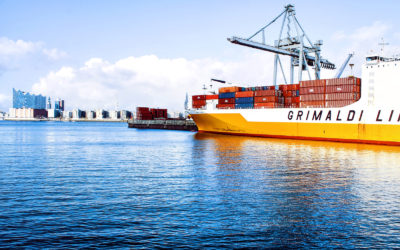International Trade
H2 Economics Only
International trade is defined as the exchange of capital, goods and services across international borders. The key concept present in this chapter lies in comparative advantage which forms the very basis of trade. In order to do well, students must know about the workings of comparative advantage and the benefits international trade brings about, together with its potential detriments.
Economics Tuition: Explain the scenarios under which the following methods of protectionism is more effective
A quota refers to the direct control of import demand, which will lower supply of imports, thus reducing quantity demand for imports. The restriction of the quantity of imported goods will create an artificial shortage that leads to the increase in price of the...
read moreEconomics Tuition: Explain the theory of Comparative Advantage
Purpose of comparative advantage The concept of comparative advantage explains how countries which are efficient in production can specialise and trade with countries which are inefficient so as to maximise total production and consumption, based on the concept of...
read moreEconomics Tuition: Explain the factors that limit free trade
The factors that limit free trade can be seen in terms of the artificial barriers to trade, and natural barriers to entry. The artificial barriers to trade refers to protectionism, in which countries implement policies that prevent the import of foreign goods into the...
read more


